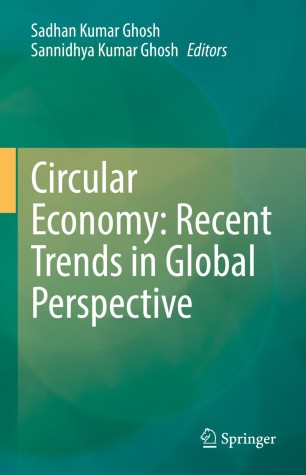In Climate Change 2022: Impacts, Adaptation and Vulnerability
The IPCC Working Group II contribution to the Sixth Assessment Report addresses the challenges of climate action in the context of sustainable development with a particular focus on climate change impacts, adaptation and vulnerability. Since IPCC AR5, human influence on the Earth’s climate has become unequivocal, increasingly apparent, and...







